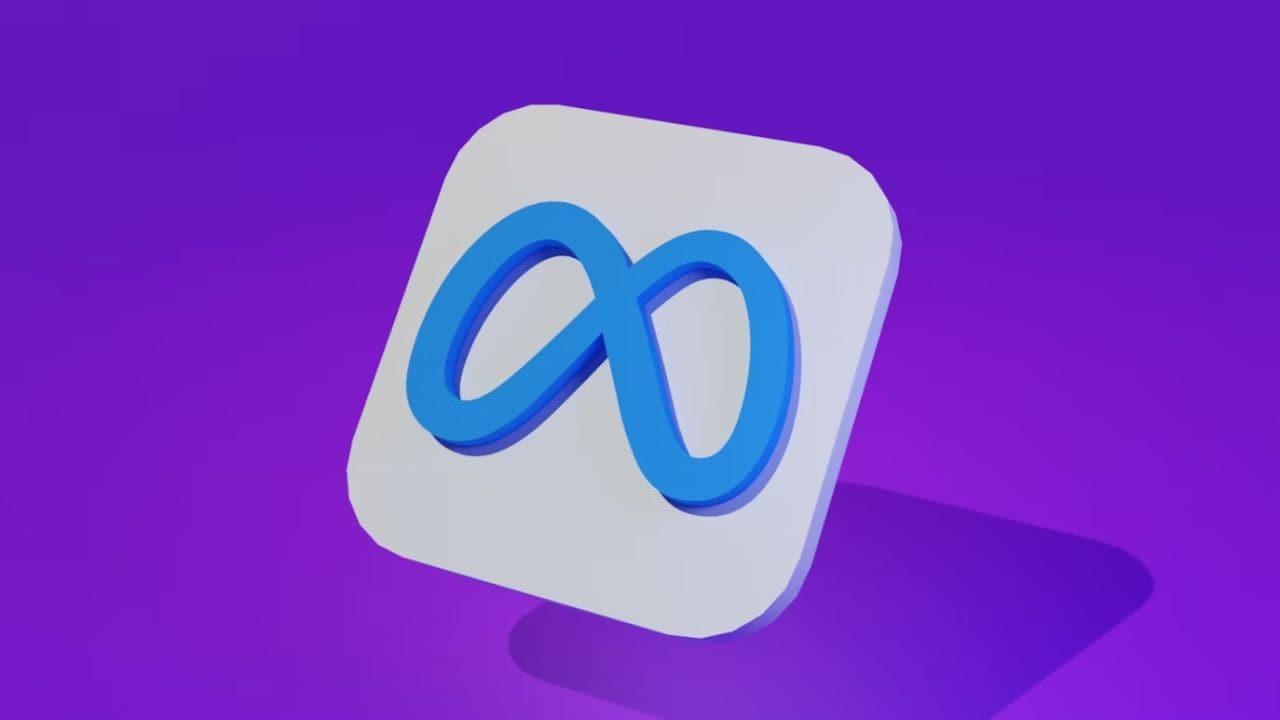Meta has officially announced the launch of Llama 4, its latest suite of artificial intelligence models designed to power the company’s Meta AI assistant across web platforms and its social media apps, including WhatsApp, Messenger, and Instagram.
The Llama 4 family includes two downloadable models — Llama 4 Scout and Llama 4 Maverick — with a third, Llama 4 Behemoth, still in development. The company claims the new models set a new standard for performance and efficiency in AI, especially when compared to competitors such as OpenAI’s GPT-4o, Google’s Gemini 2.0 Flash, and Mistral 3.1.
As per Meta, the Llama 4 Scout is Meta’s compact model, designed to run efficiently on a single Nvidia H100 GPU. Despite its size, it boasts a massive 10-million-token context window — giving it significantly greater working memory than many competing models. Meta says Scout outperforms smaller models like Google’s Gemma 3 and Gemini 2.0 Flash-Lite across various widely used benchmarks.
Meanwhile, Llama 4 Maverick offers more robust capabilities, rivaling flagship models like GPT-4o and DeepSeek-V3. According to Meta, Maverick matches or surpasses these larger models in areas such as reasoning and code generation — all while using less than half the number of active parameters.
Still under training, Llama 4 Behemoth is poised to be Meta’s crown jewel. With a staggering 2 trillion total parameters and 288 billion active parameters, Behemoth is described by Meta CEO Mark Zuckerberg as “the highest performing base model in the world.” Meta claims it outperforms top-tier models like GPT-4.5 and Anthropic’s Claude Sonnet 3.7 on multiple STEM-focused benchmarks.
All three Llama 4 models utilize a “mixture of experts” (MoE) architecture, which dynamically activates only the necessary portions of the model for a given task, improving both efficiency and scalability.
Although Meta markets Llama 4 as “open-source,” the license restrictions raise questions. Specifically, companies with over 700 million monthly active users must obtain explicit permission from Meta to use the models. This stipulation has drawn criticism from groups like the Open Source Initiative, which argue that such restrictions prevent Llama from being classified as truly open-source.
Meta is set to share more about its AI ambitions at the upcoming LlamaCon conference, scheduled for April 29. The event is expected to provide deeper insights into Meta’s future roadmap for AI development and product integration. With Llama 4, Meta is doubling down on its goal to become a leader in the next generation of AI — offering cutting-edge performance while continuing to push the boundaries of what’s possible in open-access artificial intelligence.
